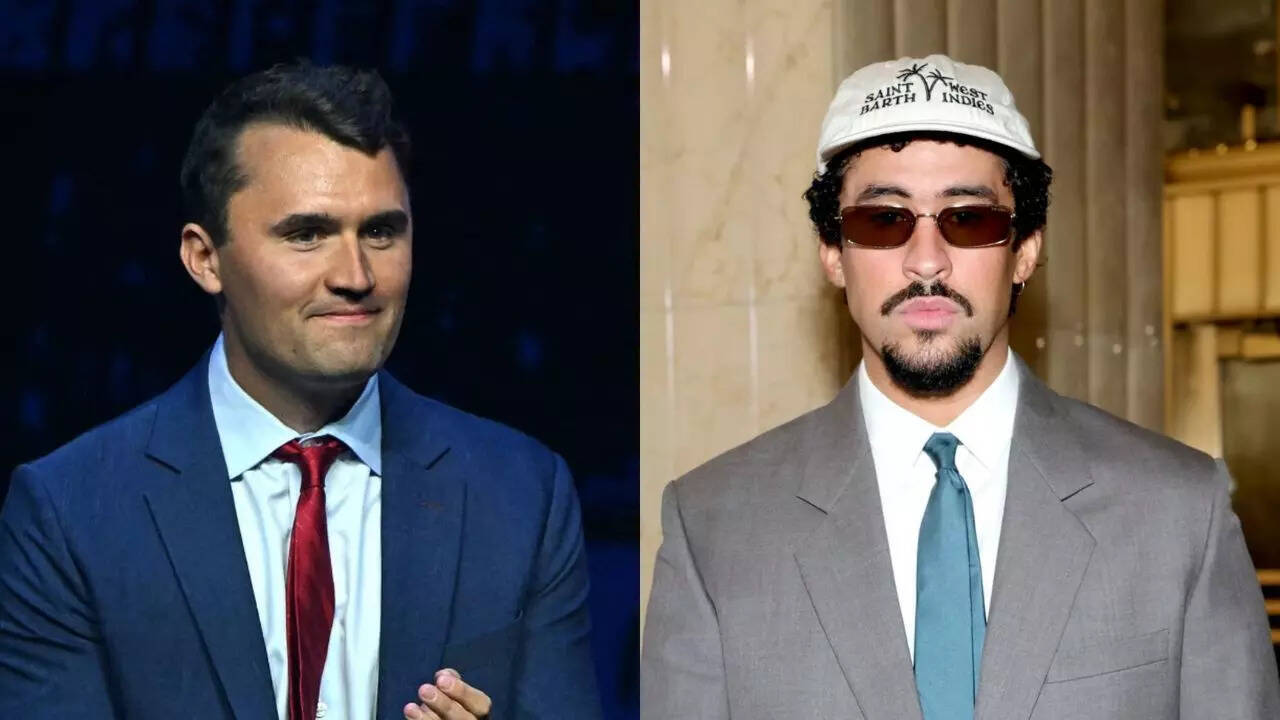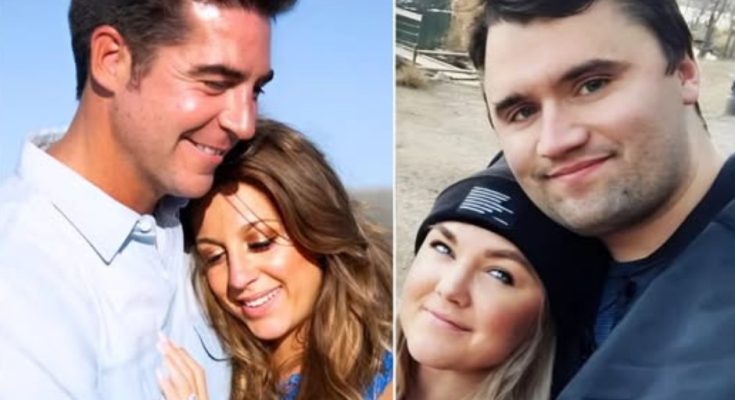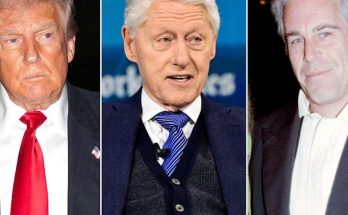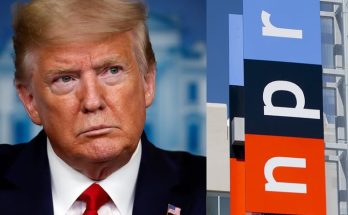 For decades, Hollywood has treated the Super Bowl halftime show as its personal stage — a glittering showcase owned by pop royalty, industry elites, and larger-than-life performances dripping with ego and spectacle.
For decades, Hollywood has treated the Super Bowl halftime show as its personal stage — a glittering showcase owned by pop royalty, industry elites, and larger-than-life performances dripping with ego and spectacle.
But this year, something snapped.
Something shifted.
And according to millions of viewers — and an entire entertainment ecosystem scrambling behind the scenes — Turning Point USA may have just hijacked America’s biggest entertainment event in the most unexpected way imaginable.
THE “ALL-AMERICAN HALFTIME” — A DIRECT CHALLENGE TO HOLLYWOOD’S THRONE
TPUSA’s surprise “All-American Halftime” special hit the internet like an earthquake.
Broadcast simultaneously during the official halftime show, the special was co-hosted by:
-
Jesse Watters
-
Erika Kirk
— and the message couldn’t have been clearer.
Gone were the lasers, the half-dressed dancers, and the carefully manufactured celebrity chaos.
In their place: faith, family, patriotism, military tributes, American tradition
— and a tone entirely at odds with Hollywood’s usual version of entertainment.
The production was crisp.
The message was sharp.
And Hollywood… did not expect it.
THE ENTERTAINMENT INDUSTRY DIDN’T JUST NOTICE — IT PANICKED

Within minutes of the halftime special airing, reports swirled that major entertainment insiders were:
-
irritated
-
blindsided
-
furious
-
and quietly alarmed
One Hollywood columnist wrote:
“This isn’t a show. This is a cultural revolt.”
Critics called it “provocative,” “unapologetic,” and “a direct shot at Hollywood’s soft power.”
But privately, many insiders were asking a far more uncomfortable question:
What if viewers actually prefer this?
Because that’s the real crisis — not the broadcast itself, but the reaction to it.
Millions watched.
Millions shared it.
Millions said:
“Finally — something different.”
And for an industry used to controlling the narrative, that response was nothing short of terrifying.
THE SUPER BOWL: NO LONGER JUST A GAME
For decades, the halftime show has been Hollywood’s cultural megaphone — its annual moment to remind America who still owns the spotlight.
But this year, TPUSA elbowed its way into the conversation and said:
“We’re here too — and we’re not asking permission.”
The result?
A new kind of halftime.
A new kind of audience.
A new kind of cultural clash.
This wasn’t just counter-programming.
It was counter-culture programming — a direct challenge to the entertainment establishment.
And the establishment felt it.
THE BIG QUESTION HOLLYWOOD CAN’T ESCAPE

Whether viewers loved it or hated it, the reactions shared one trait:
They were intense.
TPUSA didn’t ask for approval.
They didn’t need celebrity endorsements.
They didn’t soften the message.
They simply delivered a show built around:
-
American tradition
-
American values
-
American pride
And people showed up.
Not because Hollywood told them to —
but because Hollywood didn’t.
Now the entertainment industry is left wrestling with the question that echoed across media rooms from Los Angeles to New York:
Did TPUSA just expose how fragile Hollywood’s cultural influence has become?
THE CULTURE WAR JUST CAME CRASHING INTO THE HALFTIME SHOW
The Super Bowl used to be neutral ground — the one place where America could forget its differences for a few hours.
Not anymore.
This year marks a turning point.
A shift in tone, in audience expectations, and in the cultural battlefield itself.
The Super Bowl is no longer just a game.
It’s a symbol.
A stage.
A fight for the cultural soul of the country.
And with one bold halftime special, TPUSA forced Hollywood to confront a truth it didn’t want to face:
America’s attention is no longer guaranteed — it must be earned.



